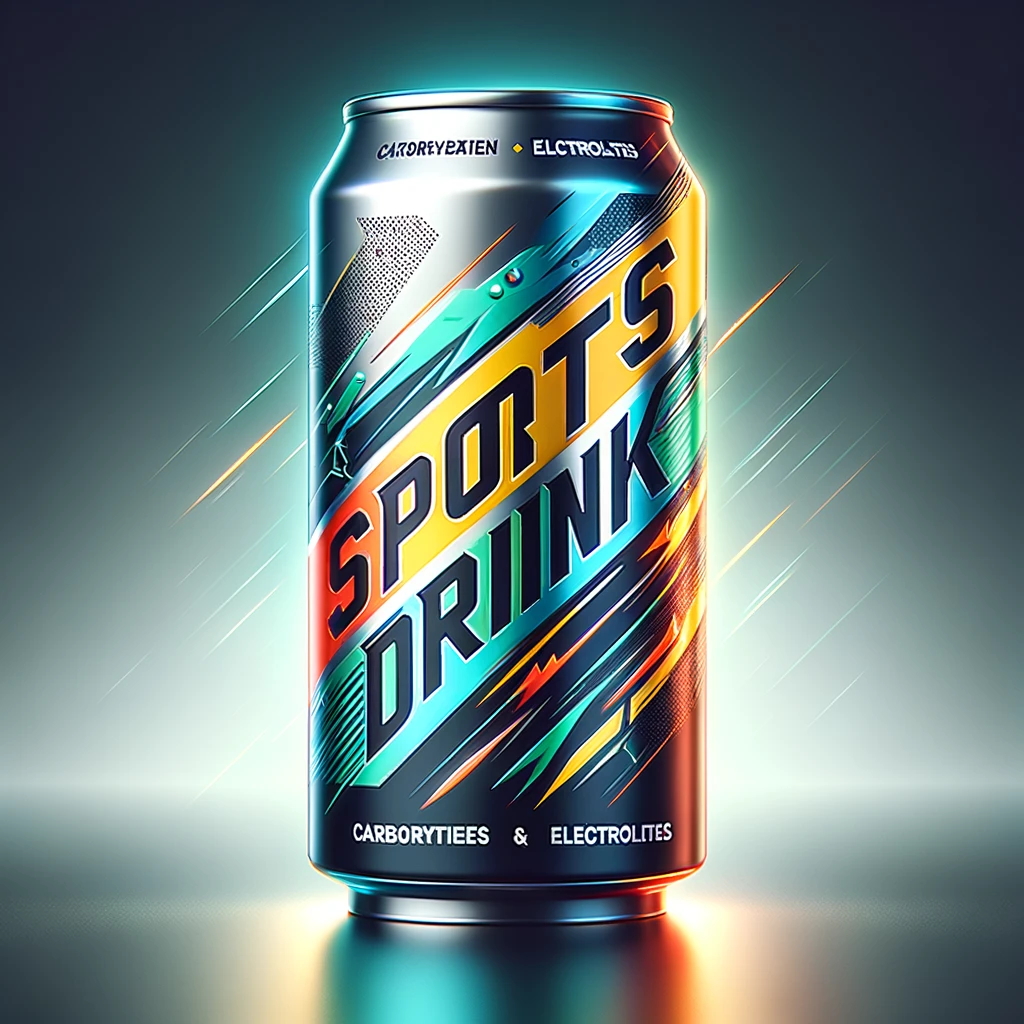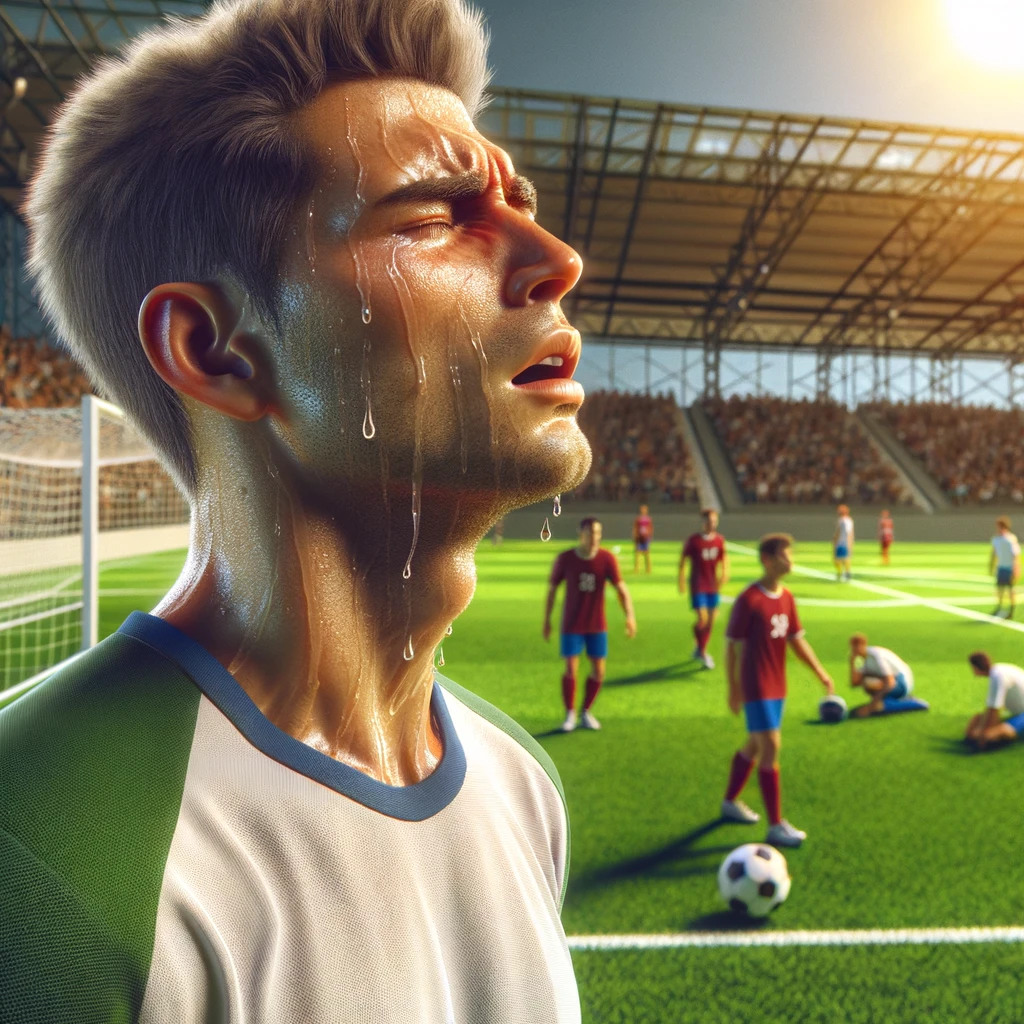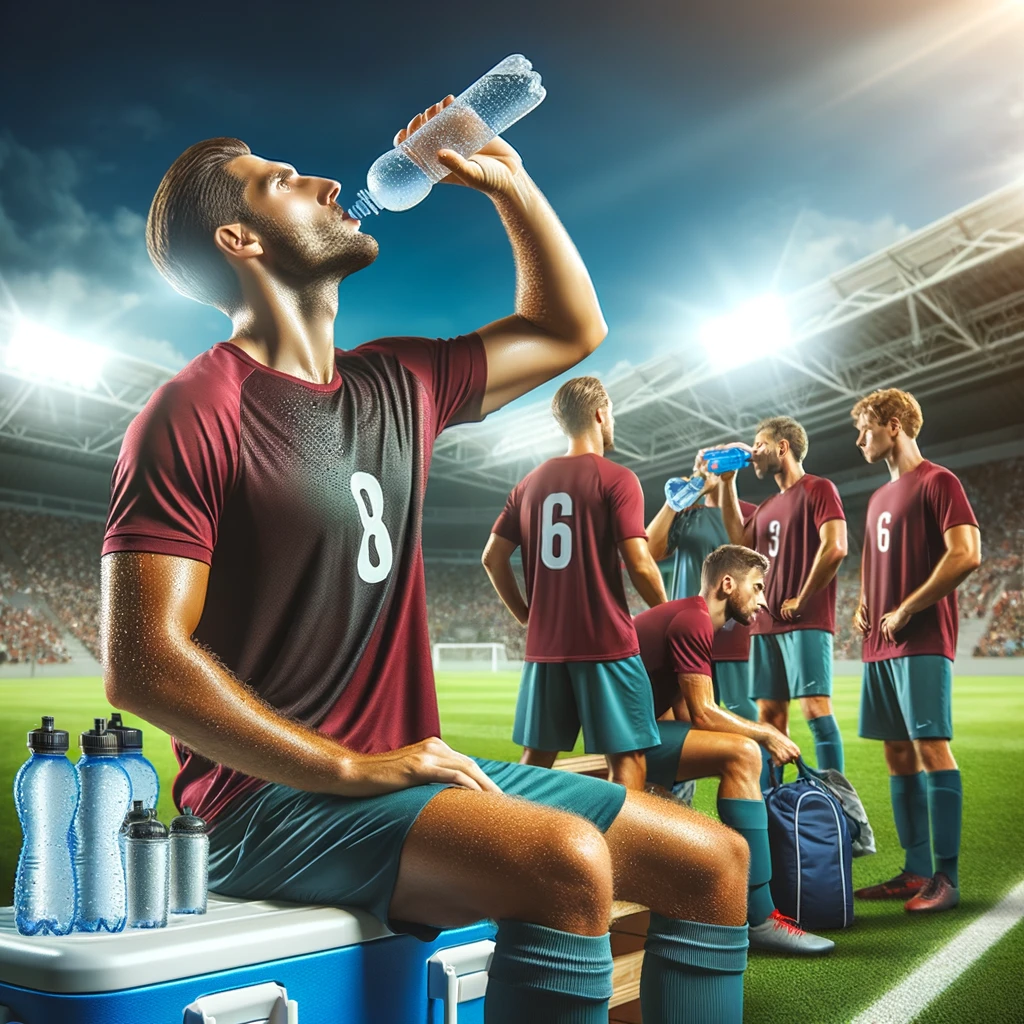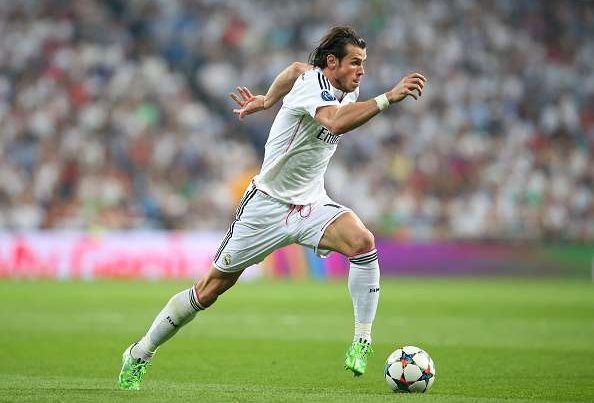If you want to perform at your best on the soccer field, proper hydration is key. Staying hydrated before, during, and after activity can help prevent injury and improve overall performance. In this article, we will discuss the importance of hydration for soccer players, strategies to implement before a game, and fluid intake recommendations for optimal performance.
Hydration Before, During, and After Soccer match
Proper hydration is crucial in soccer as it plays a significant role in the overall performance on the field. It is essential for maintaining an optimal body temperature, cognitive function, and muscle function. Inadequate hydration can lead to a decline in physical and mental performance, making it important to understand the impact of fluid intake on their game. Additionally, staying well-hydrated will help prevent heat-related illnesses and decrease the risk of injury during training sessions and matches. It also aids in the regulation of body temperature, making easier to cope with exercise heat stress.
Also helps to speed up the healing process, reduce the risk of injury, and allows you to return to the field faster. When the body is well-hydrated, it can more effectively repair damaged tissues and reduce the recovery time needed between intense exercise sessions. This is particularly important for soccer players who often have a busy training and game schedule, as they need to ensure that they are in prime physical condition for each event. Hydration also plays a role in preventing muscle cramps and fatigue, further highlighting its importance for overall athletic performance.
During a soccer match or training session, the body can lose a significant amount of fluid through sweating. It’s important for soccer players to replenish this fluid to maintain proper hydration levels and avoid the negative effects of dehydration. By consuming the right fluids at the right times, you can ensure you are adequately hydrated to perform your best on the field. Hydration should be a key focus for players and their support teams to optimize performance and reduce the risk of injury.
As a soccer player, you should be mindful of your fluid intake not only during games and training but also throughout the day. It’s important to develop good hydration habits and make sure that you are consistently consuming an adequate amount of fluids to support your overall health and performance on the field. By understanding the significance of proper hydration and implementing effective strategies, you can enhance your football performance and maintain your well-being as an athlete.
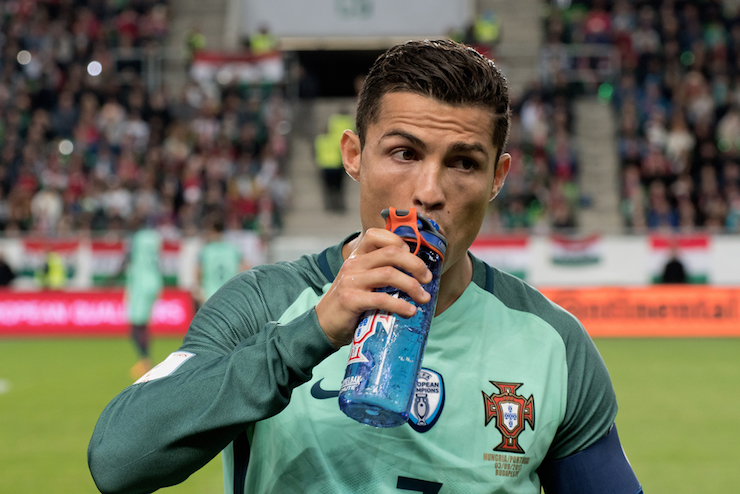 Strategies Before a Game
Strategies Before a Game
Before a game or training session, it’s essential to have a well-thought-out hydration plan to ensure they are adequately prepared for the physical demands of the upcoming activity. In the hours leading up to a game, players should aim to drink 16-20 ounces of water or a sports drink about 2-3 hours beforehand. This initial fluid intake helps to start the hydration process and allows the body to absorb and retain the necessary fluids for optimal performance.
In the final hour before the game, players should ingest around 7-10 ounces of water to continue the hydration process and top up fluid levels before taking to the field. This ensures that the body is adequately hydrated and ready to perform at its best during the game. It’s also beneficial to choose easily digestible and high-carbohydrate snacks during this time to provide a source of energy and support optimal physical performance on the field. By focusing on both fluid and food intake, players can set themselves up for success in the upcoming game or training session.
In addition to fluid intake, monitoring urine color can be a helpful tool in assessing hydration status. Aim for a pale yellow color, which indicates that you are well-hydrated. Dark yellow urine may be a sign of dehydration, signaling the need for increased fluid intake. By paying attention to these details and making adjustments to your hydration plan as needed, you can ensure that you are in an optimal state of hydration before taking part in soccer activities.
Fluid Intake Recommendations
Fluid intake recommendations are essential in soccer to maintain proper hydration levels throughout a game or training session. During the activity, players should drink 7-10 ounces of water every 10-20 minutes to replace the fluids lost through sweat and support optimal performance on the field. This regular intake helps to prevent dehydration and ensures that the body has an adequate supply of fluids to sustain physical and cognitive function during exercise.
It’s also important to note that individual fluid needs may vary based on factors such as body mass, exercise intensity, and environmental conditions. Therefore, it’s crucial for players to pay attention to their own hydration needs and make adjustments to their fluid intake as necessary. By staying proactive and consistently replenishing fluids, soccer players can avoid the negative consequences of dehydration and maintain peak performance throughout the game or training session.
In the hours leading up to a game, it’s recommended that players ingest 5-7 mL/kg of liquid to ensure adequately hydratation before the start of the match. This targeted approach to fluid intake helps to optimize hydration levels and prepare the body for the physical demands of the game. By following these fluid intake recommendations, soccer players can feel confident in their ability to perform at their best on the field.
What to Drink
When it comes to choosing the right fluids for hydration, you can have several options to consider. Water is a great choice for maintaining hydration levels during exercise, as it is readily available and effectively supports fluid balance in the body. It’s important to make water your primary source of hydration, especially during lighter exercise and training sessions.
During more intense and prolonged activities, sports drinks can be beneficial for providing not only fluid but also carbohydrate and electrolyte replenishment. These drinks can help to sustain energy levels and replace electrolytes lost through sweat, supporting overall performance on the field. Additionally, the taste of sports drinks can be more appealing to some players, making it easier to maintain regular fluid intake during extended periods of physical activity.
Half-Time and Substitutions
Half-time during a soccer match is a crucial period to rehydrate and refuel their bodies for the second half of the game. It’s important for players to drink fluids and consume high-carbohydrate snacks during this time to replenish the fuel stores and maintain optimal hydration levels. It will help to prevent a decline in performance and ensure that you have the energy and fluid needed to finish the game strong.
Additionally, players who are substituted out of the game should also prioritize fluid intake and consider consuming a carbohydrate snack to support recovery and prepare for the possibility of being re-entered into the match. By being proactive about rehydrating and refueling during breaks in the game, players can maintain their performance levels and reduce the risk of dehydration negatively impacting their game.
Rehydrating After to Optimize Recovery
After a soccer game or training session, rehydrating is a key component of the recovery process for players. It’s important to replace the fluid lost through sweat by consuming a combination of water and high-carbohydrate fluids. This helps to restore fluid balance in the body and support the replenishment of energy stores that may have been depleted during the activity.
Consuming a post-exercise meal that includes both carbohydrates and protein can further support the recovery process. This meal helps to repair muscle tissue, replenish glycogen stores, and promote overall recovery, preparing the body for future training and competition. By paying attention to post-exercise rehydration and nutrition, you will optimize your recovery and be better prepared for the next game or training session.
Key Factors Affecting Fluid Needs
Several key factors can influence the fluid needs of soccer players, and it’s important to consider these when developing a hydration strategy. Exercise intensity, environmental conditions, and individual sweat rates all play a role in determining the amount of fluid a player needs to consume to maintain proper hydration levels. It’s essential for players to be mindful of these factors and make adjustments to their fluid intake accordingly to ensure that they are adequately hydrated for optimal performance on the field.
A player’s body weight and overall diet can also impact their fluid needs. Players with a higher body mass may have increased fluid needs, and those who consume diets rich in fruits and vegetables may obtain a portion of their fluid needs from these sources. By taking these factors into account, players can develop a personalized approach to hydration that addresses their individual requirements and supports their performance and well-being as athletes.
Consequences of Inadequate Hydration
Dehydration can have significant consequences for soccer players, negatively impacting their performance on the field and posing risks to their health and safety. Inadequate fluid intake can lead to impaired cognitive function, decreased physical endurance, and an increased risk of heat-related illnesses such as heat exhaustion and heat stroke. It can also contribute to a higher likelihood of muscle cramps and fatigue, all of which can hinder a player’s ability to perform at their best during training and matches.
Chronic dehydration can also have long-term effects on the body, including an increased risk of injury and a prolonged recovery process. It’s essential for soccer players to recognize the serious implications of inadequate hydration and prioritize their fluid intake to avoid these consequences. By staying well-hydrated and implementing effective hydration strategies, players can safeguard their health and performance on the field.
Planning for Different Environments
Hydration strategies should be tailored to the specific environmental conditions in which soccer activities take place. In hot and humid weather, the risk of dehydration is higher, making it essential for players to be proactive about their fluid intake and take steps to avoid heat-related illnesses. In these conditions, it’s important to increase fluid intake and replace electrolytes lost through sweat by incorporating sports drinks or coconut water, which can help maintain proper fluid and electrolyte balance in the body.
On the other hand, in cooler environments, players may still have significant fluid needs, especially if they are wearing heavy clothing that can lead to increased sweating. It’s important to be mindful of these factors and adapt hydration strategies to ensure that players are adequately hydrated regardless of the external conditions. By planning for different environments, soccer players can proactively address their fluid needs and support their performance and well-being on the field.
Why Proper Hydration is Important for Soccer Players
Proper hydration is a fundamental aspect of optimizing performance and ensuring the well-being of soccer players. By maintaining adequate fluid levels in the body, players can support their physical and cognitive function, reduce the risk of injury, and enhance their overall performance on the field. Hydration strategies before, during, and after soccer activities are essential for ensuring that players are well-prepared and equipped to meet the demands of the game or training session, ultimately contributing to their success as athletes.
Hydration Strategies Before a Soccer Game
Before a soccer game, implementing effective hydration strategies is crucial for ensuring that players are in an optimal state of hydration to perform at their best. By following fluid intake recommendations and consuming a combination of water and sports drinks, players can prepare their bodies for the physical demands of the game. Monitoring urine color and paying attention to pre-game fluid and food intake are also important aspects of the overall hydration strategy for soccer players. By being proactive and intentional about their hydration, players can establish a solid foundation for success on the field.
Fluid Intake Recommendations During Soccer Activity
During soccer activity, it’s vital for players to adhere to fluid intake recommendations to prevent dehydration and support performance on the field. Regularly consuming water and sports drinks can help to replace the fluids lost through sweat and maintain optimal hydration levels. By being mindful of individual fluid needs and adjusting intake based on environmental conditions and exercise intensity, players can ensure that they are adequately hydrated throughout the game. Prioritizing fluid intake during soccer activity is a key component of effective hydration strategies and is essential for sustaining physical and cognitive function on the field.
Hydration is crucial for soccer players of all ages in order to optimize performance and reduce the risk of injury. It is important to have a hydration plan in place before, during, and after training and games, and to consider individual factors such as body weight, sweat rate, and environmental conditions. By following fluid intake recommendations and choosing appropriate beverages, players can maintain optimal hydration levels and improve their overall game. Remember to prioritize hydration as an essential part of your soccer routine.

